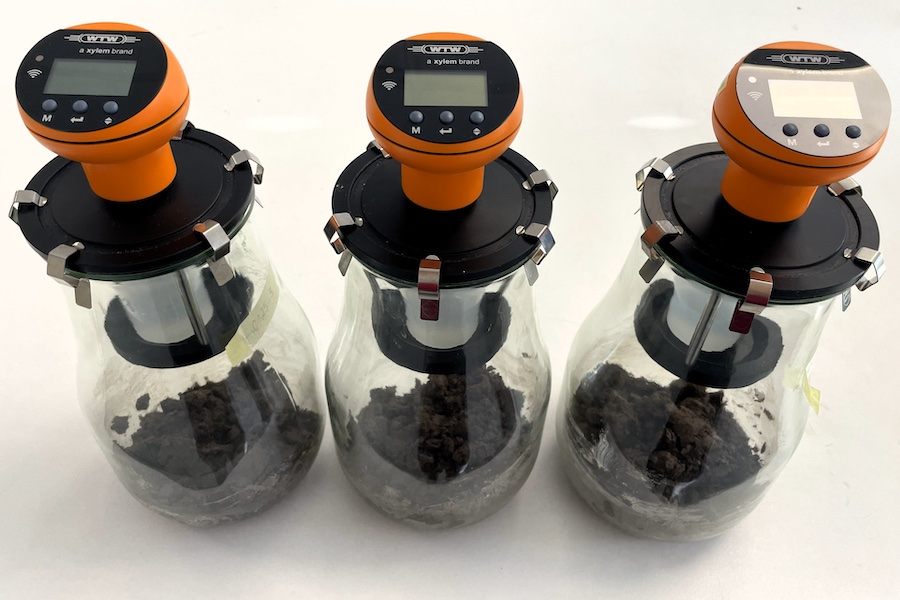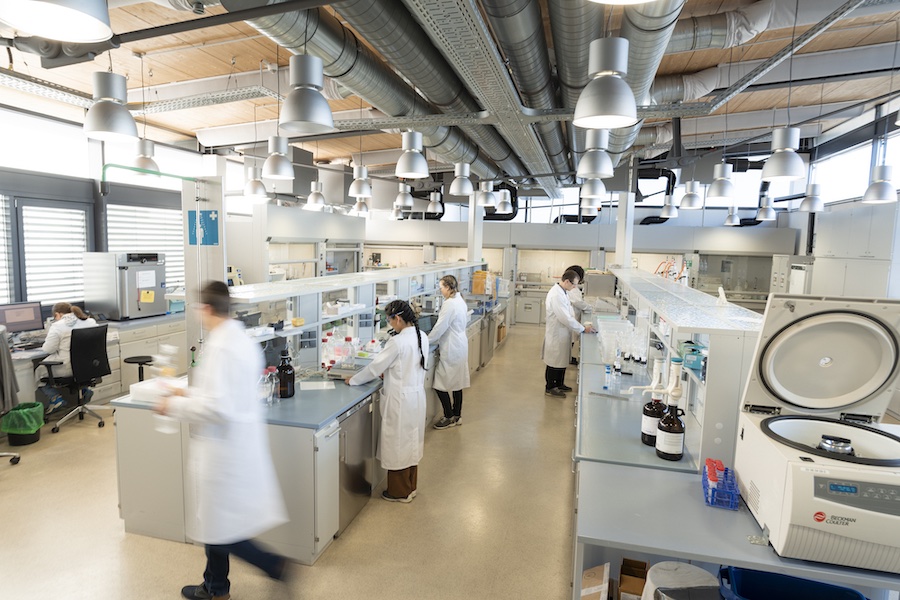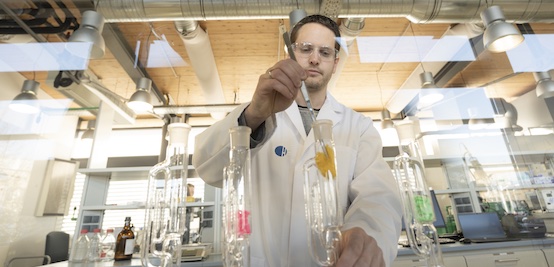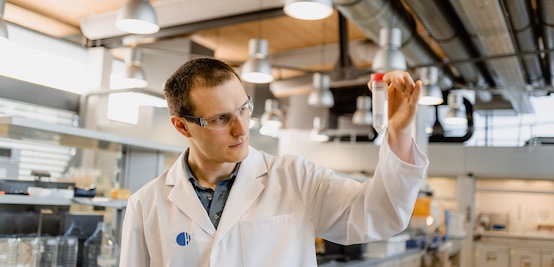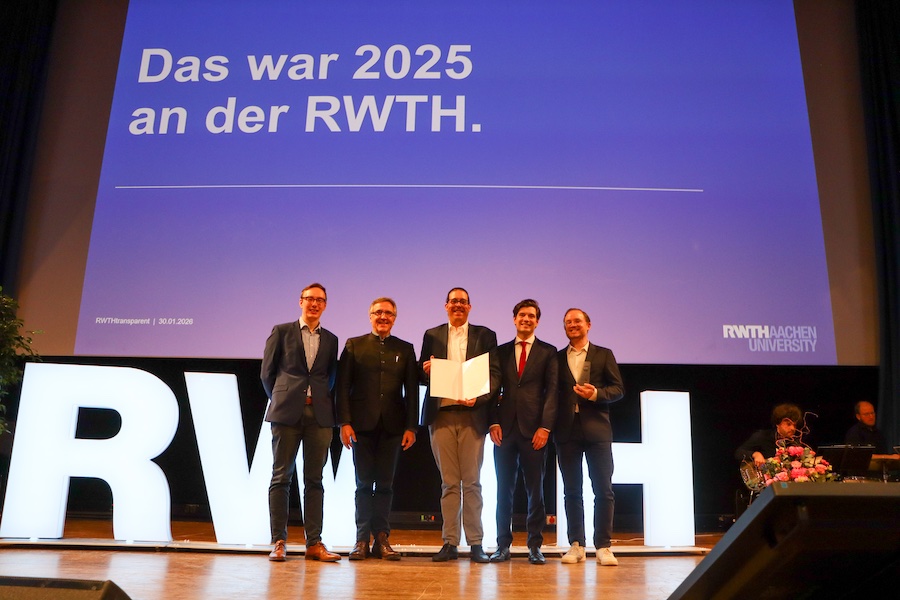#Research & Development
Hohenstein launches Digital Fitting Lab

The Digital Fitting lab utilizes its deep knowledge of pattern making and fit, along with digital design technologies, to reduce physical prototypes and material waste, shortens development times, develop more accurate fit across sizes and create engaging imagery for sales and marketing.
Companies work with Hohenstein‘s seasoned engineers, 3D fitting experts and pattern designers to review and optimize their processes, adapt them to 3D and implement an effective digital workflow. The new lab also accesses Hohenstein’s material testing lab for digitizing material parameters.
The Digital Fitting Lab covers all requirements for successful and efficient translation of 3D designs into well-fitting products and realistic digital product communication:
- Sizes: the knowledge and the measurements of the target group are crucial
- Pattern: a solid pattern is a prerequisite for good fit and consistent manufacturing and the basis for using avatars
- Avatars: life-like representation of the target group is key to designing across sizes and projecting brand image
- Material: realistic simulation depends on accurate, consistent material characteristics
- Visualization: 3D imagery aids product communication or supplier instructions
- 3D fitting: digital prototyping can be done with the whole knowledge of shapes, construction and materials. Engineers and 3D fitting experts are working on reliable methods for successful 3D fitting
- Fit in motion (4D): movement affects fit and appearance; fit affects movement
- Training: Consulting services, Workshops and the Hohenstein Academy help get team members and suppliers working efficiently
Related modular services are available for companies at any phase of the 3D development process. The Digital Fitting Lab customizes services for use with various 3D simulation software.

3D fitting is especially dependent upon accurate and consistent material parameters. Digitized parameters must meet the requirements of various systems to produce a realistic simulation of material behavior and accurate fit.
Hohenstein’s clothing engineers have been industry leaders in fit testing and development since 1946. The knowledge behind the Digital Fitting Lab is fueled by continuous research to create solutions for enhanced fit, including motion studies and moving avatars.
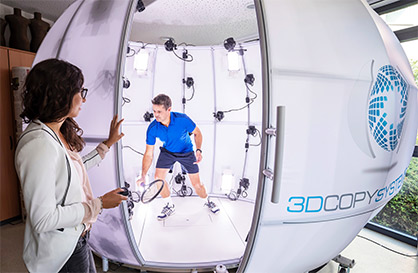
For more information, visit:
https://digital-fitting-lab.hohenstein.com



